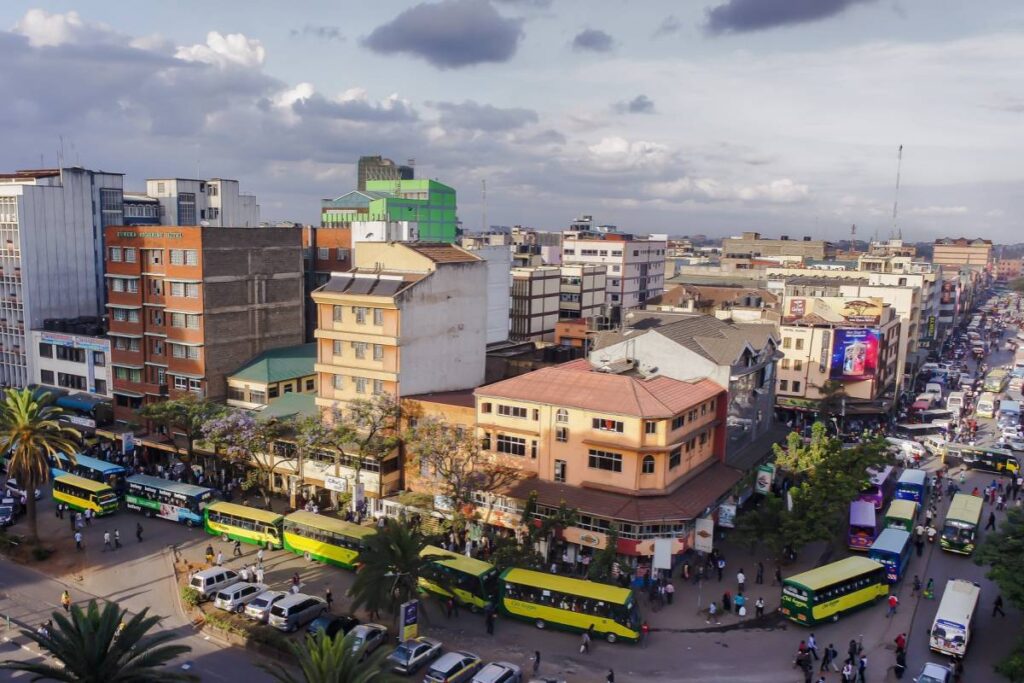Millions of vehicles snake their way on our roads daily as Kenyans travel to and from work. As much as this leads to the never-ending traffic jams, it also signifies immense opportunity in Kenya’s automotive sector.
According to National Safety and Transport Authority (NTSA) by the end of August 2022 Kenya had 4,382,335 registered vehicles out of which 2,782,102 are motorcycles. The difference therefore includes personal vehicles, tractors, heavy machinery, trailers, commercial vehicles and three wheelers
Obviously, most of these vehicles are imported. It is time to overhaul Kenya’s automotive sector by increasingly choosing to manufacture locally. Doing so invites three overwhelming opportunities namely: Job creation, Strengthening the value of our local currency through increased exports and reduction on input and, Diversification of Kenyan exports by expanding the automotive export basket.
Thankfully, this journey has been galvanized by the National Automotive Policy. It has laid out an enabling environment for automotive industry players to ‘realize their full potential and position Kenya as a major automotive manufacturer.’ The Government must ensure its full implementation by setting up the National Automotive Council.
Thrillingly as part of Africa’s Continental Free Trade Area (AfCFTA) Kenya is now exporting automotive batteries to Ghana, Malawi and the East African Community. During a recent Kenya Association of Manufacturers (KAM) Conference attended by President Ruto it emerged that Kenya has now become a net exporter of batteries having exported 60% and imported 40% of the produced batteries. This proves that Kenya can be a manufacturing powerhouse in the automotive sector.
Evidently, The Government has a huge role to play in this quest for automotive supremacy in Africa. For instance, in May, the government banned importation of second-hand buses and trucks. This will boost the local auto assembly industry. In consultation with all stakeholders, a similar ban should be extended to all commercial vehicles. Such is the legislative action that will multiply investment into the local automotive sector and create 300,000 new jobs in local assembly and parts manufacturing.
According to KAM Kenya has an installed capacity of assembling 96,000 commercial vehicles per year but we are only assembling 12,000 vehicles. This shortcoming must be addressed immediately. As reported during the recent KAM conference Africa’s demand for vehicles is at 5 million units per year yet we only manufacture and assemble 1.2 million units. Kenya must take full advantage of this lucrative vehicle market. Additionally according to the IEA Technology report of September 2022 by 2030 EVs will represent 60% of vehicles sold globally and therefore the journey started by Autopax limited of producing electric vehicles locally for African market ought to be sustained.
The motorcycle sub-sector is also ripe for unprecedented growth. Fueling this growth are the Motorcycle Assembly Regulations which have since been adapted across the East Africa Community. These regulations paved the way for authorized local assemblers to locally procure 14 out of about 300 parts out of a motorcycle. As a result, thousands of jobs have already been created. For Kenya to become a motorcycle manufacturing hub in Africa and for us to create the 250,000 new decent jobs as clearly illustrated by KAM the Government needs to firmly support the full implementation of the Motorcycle regulations.
Incidentally, China and India protect local manufacture by charging 100% duty on imported motorcycles. As such, the protectionist approach through Regulations is in sync with global practice.
The incoming Cabinet Secretary for industrialization, Trade and Enterprise Development must seize the moment. A critical step forward is to implement local procurement procedures for locally manufactured vehicles and use of locally manufactured parts. More specifically, I suggest that the President decrees that all Governments should buy locally assembled vehicles. That will make a powerful statement that Kenya is committed to local automotive manufacture. Think green and act green.



